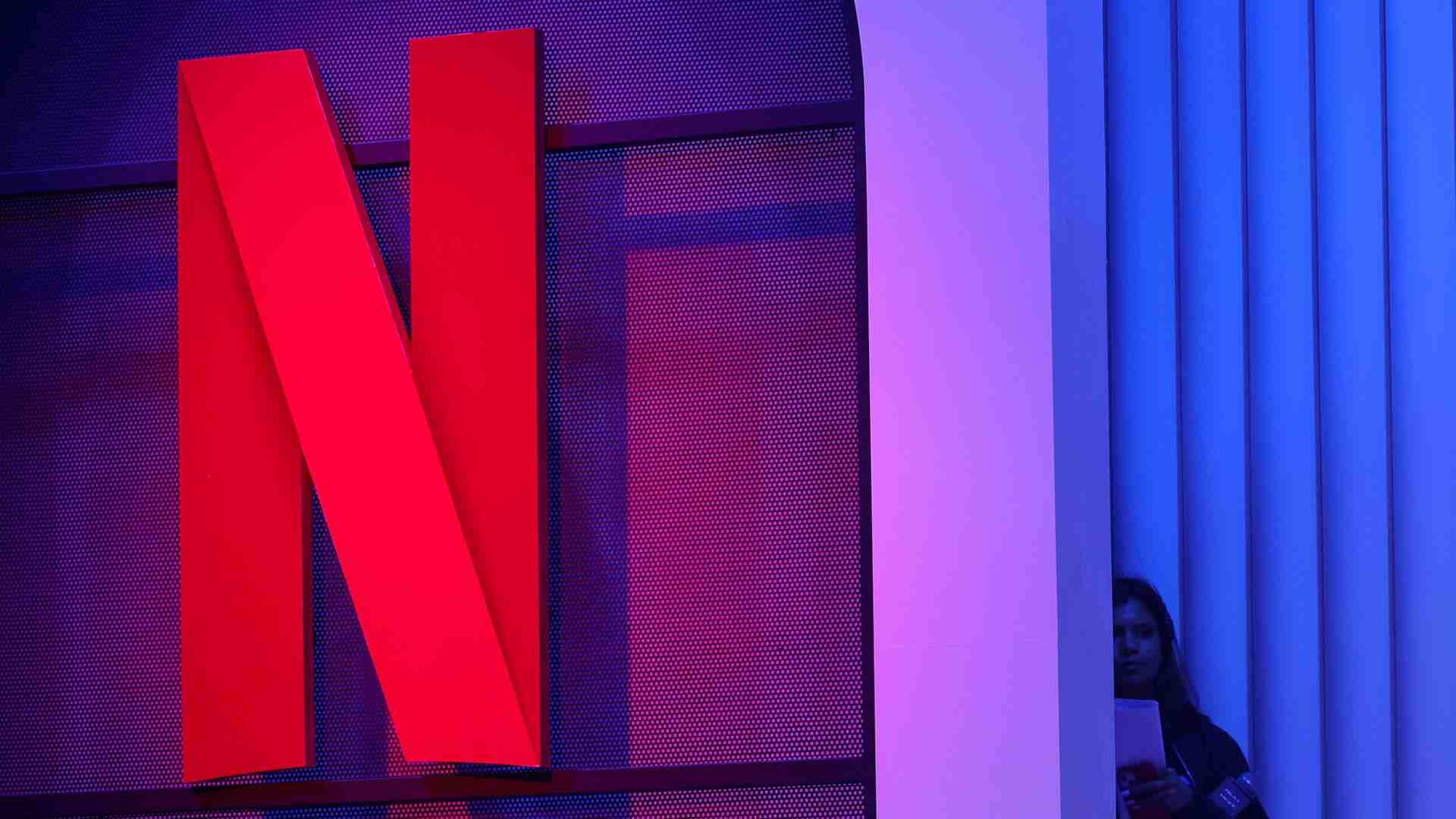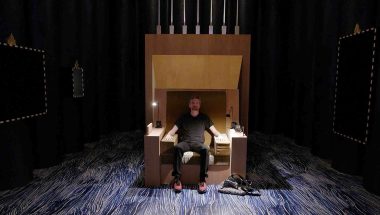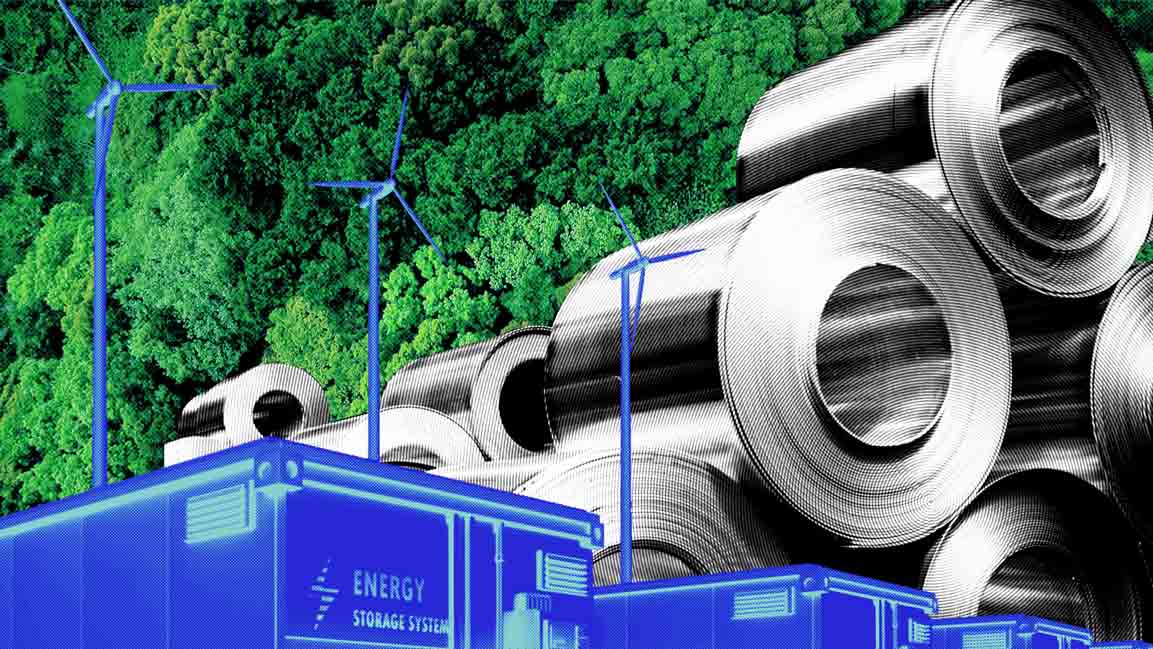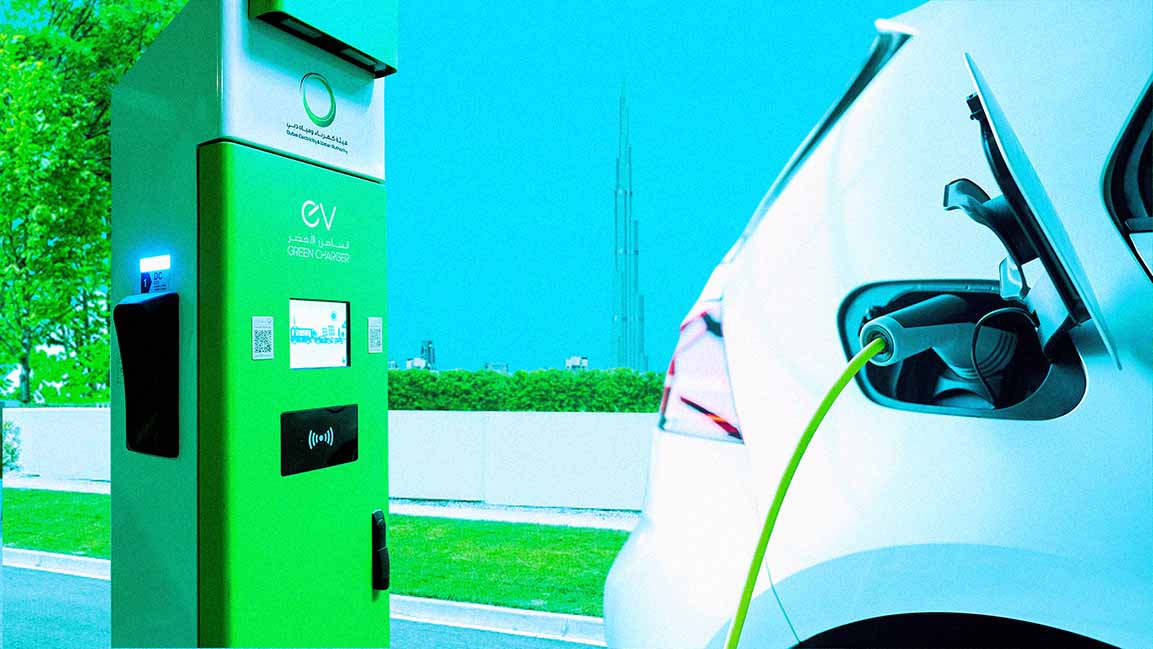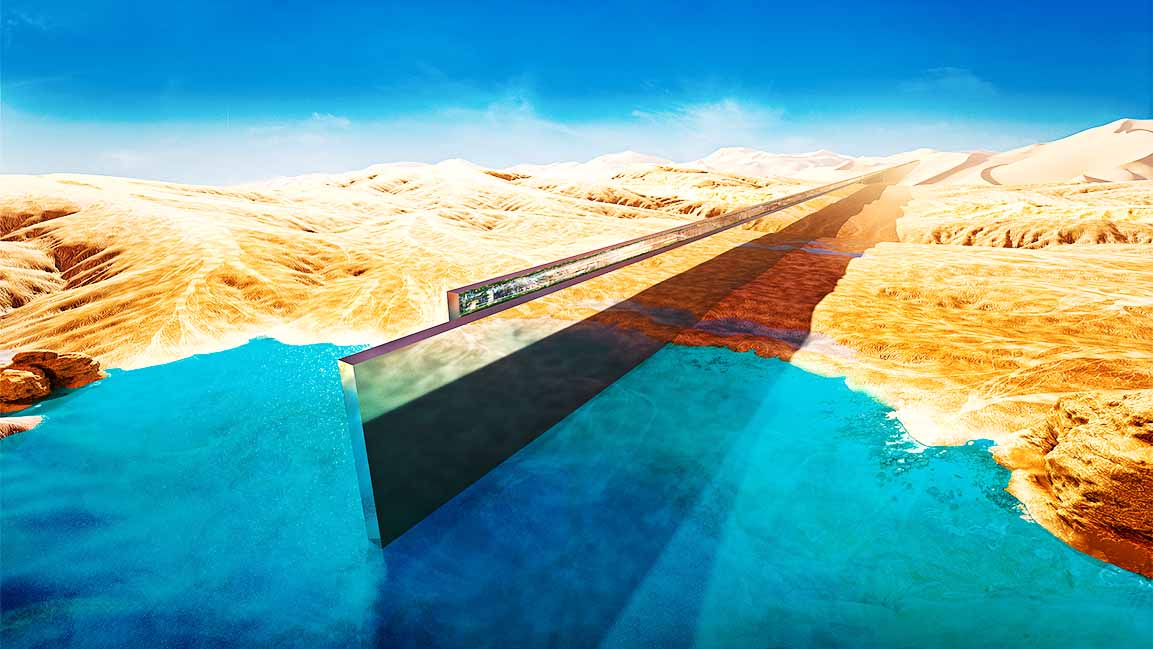- | 9:00 am
Five metaverse myths debunked by Dubai Metaverse Assembly director
As part of the Fast Company Mythbusters series, Hamad Al Shirawi, director of Dubai Metaverse Assembly, shares his thoughts on the five most common metaverse fallacies.
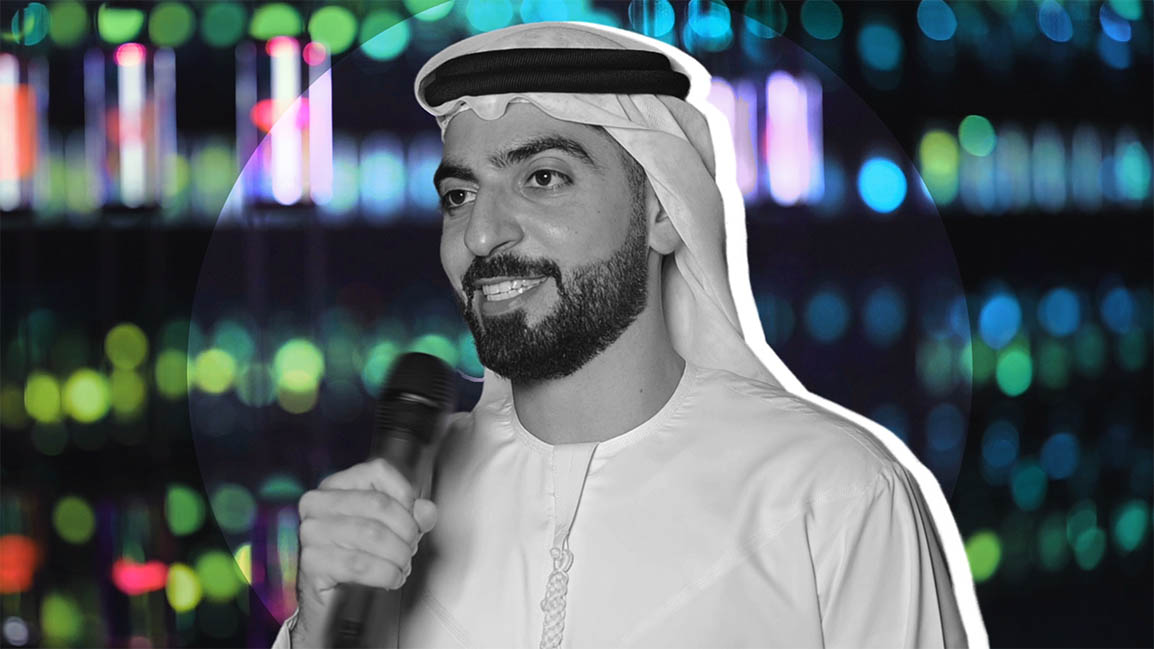
People can argue all they like about the metaverse, whether it’s a virtual realm, meaningless hullabaloo, or the next big thing. They can question, analyze and weigh the odds; regardless of public opinion, it is likely to gain widespread adoption.
In recent months, the Middle East has embraced the metaverse to boost its economy. Read our story on the metaverse’s pervasiveness in the region. The experts we spoke to then said that the region was more than ready for its metaverse takeoff. Since then, Dubai has had many firsts, asserting its dominance in digital assets and Web3. The city launched the world’s first independent regulator for virtual assets, VARA, unveiled the Dubai Metaverse Strategy and formed the Dubai Metaverse Assembly–the two-day event last week saw global leaders deliberate on its potential opportunities.
In an exclusive chat, Hamad Al Shirawi, director of Dubai Metaverse Assembly, shared his insights and thoughts on the five most common metaverse myths.
WATCH THE VIDEO HERE
THE METAVERSE IS A FAD
“The metaverse is our world’s future and shapes how we conduct our activities. If you look at the total investment in the metaverse and its related technologies, in the first five months of this year, around $120 billion have been invested, more than double the total investment of 2021. Studies say by 2030, $5 trillion will be added to the global economy because of the metaverse. If you take Dubai’s example, by 2030, Dubai aims to contribute around $4 billion to its economy through the metaverse and create around 40,000 virtual jobs.”
THE METAVERSE IS JUST FOR GAMING AND MARKETING
“While gaming and marketing play a crucial role in the metaverse world, it is essential to highlight that it is not limited. So numerous sectors benefit from the metaverse -–retail, healthcare, education, and more. For instance, the metaverse will allow people to shop, experience, and try in retail. In the metaverse, students can have an immersive learning experience.”
THE METAVERSE IS NOT RELEVANT TO THE MIDDLE EAST
“The metaverse goes beyond nations and transcends borders. The Middle East is a very young, tech-savvy part of the world. If you look at Dubai, it focuses on capitalizing on advancing technologies and how to implement them. Additionally, Dubai’s Metaverse Strategy looks at leveraging all parts of the metaverse.”
IT’S CHALLENGING TO MONETIZE THE METAVERSE
“The world has already been monetizing on the metaverse in sectors like retail, education, and others. Look at how NFTs became a $40 billion market last year.”
THE METAVERSE WILL REQUIRE A MASS SCALE OF PURPOSE-BUILT DEVICES.
“The metaverse will not require a mass scale of purpose-built devices. It will offer you an immersive experience. Using headsets, you will be able to access the maximum features of the metaverse. However, it is not limited, so smartphone users can also access it.”














